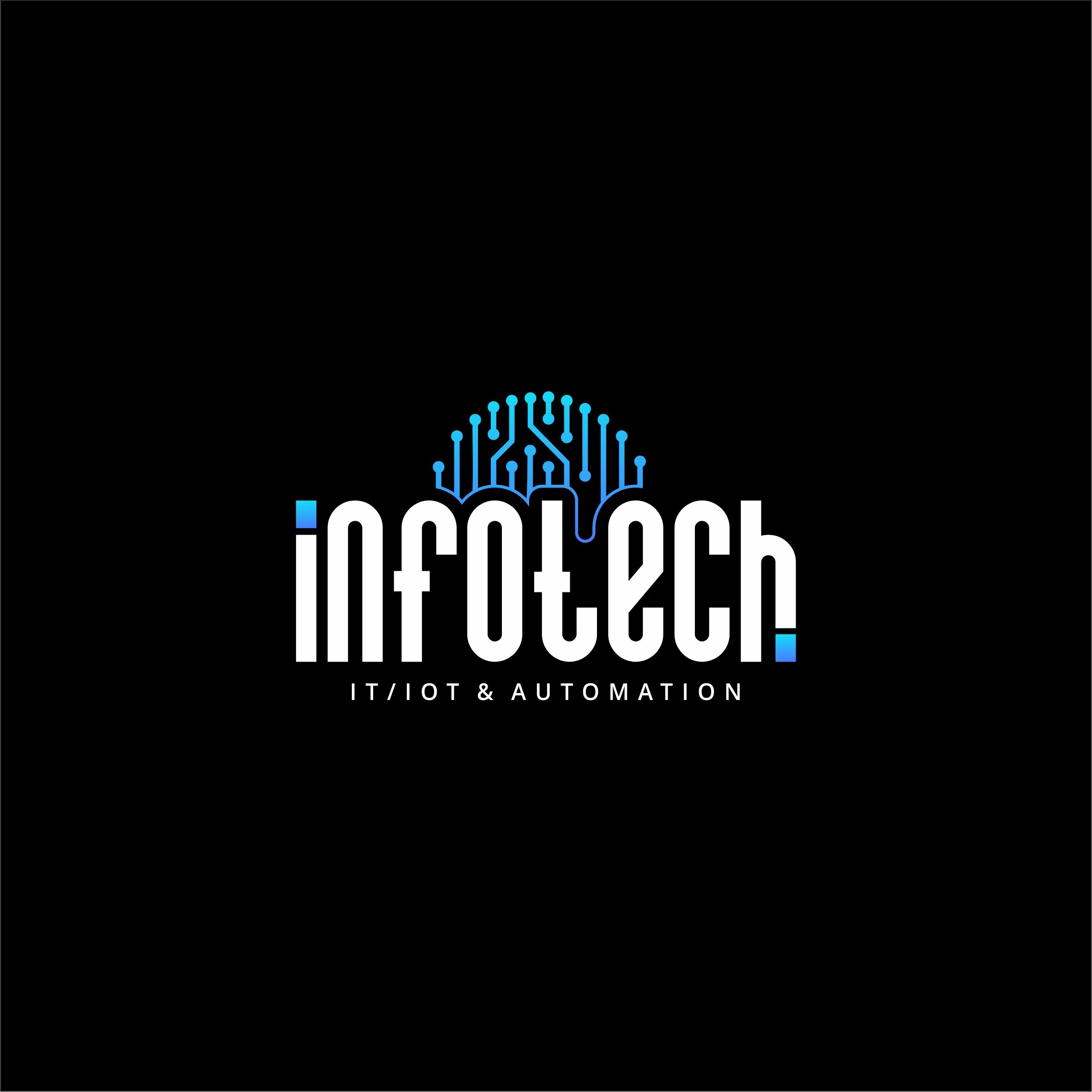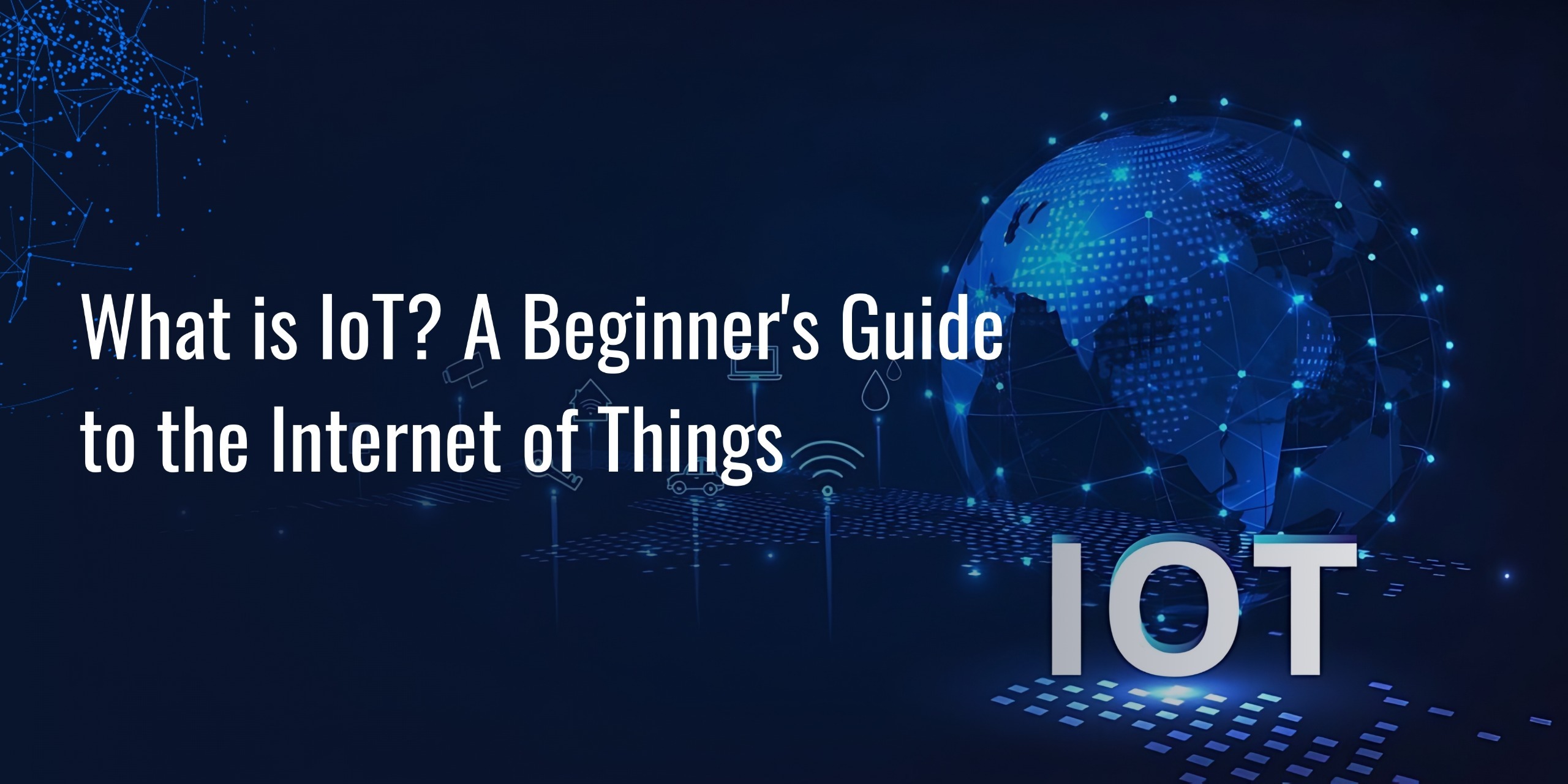Have you ever wondered how your thermostat adjusts the temperature without you touching it or how cities manage traffic so efficiently? Welcome to the fascinating world of IoT! The Internet of Things transforms our daily lives by connecting various devices to the Internet, enabling them to communicate and perform tasks autonomously. IoT is making the world more efficient and connected, from smart homes to smart cities. In this blog by Infotech Qatar, we will explore IoT’s various applications and benefits.
What is IoT?
IoT stands for the Internet of Things. It refers to the network of physical objects—devices, vehicles, home appliances, and more—embedded with sensors, software, and other technologies to connect and exchange data with other devices and systems over the Internet.
How Does IoT Work?
IoT devices collect data using sensors. This data is then sent to the cloud (an extensive network of servers on the Internet), where it is analysed. Based on this analysis, actions can be triggered, such as sending a notification to your smartphone or adjusting a device’s settings automatically.
Importance of IoT
IoT Solutions is crucial because it enhances efficiency and convenience in our daily lives. IoT can automate tasks, optimise resource use, and improve safety and security across various applications by enabling devices to communicate and act on data.
Real-World Applications of IoT
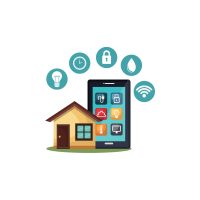
Smart Homes:
Control intelligent lights, thermostats, and security systems with your smartphone. These devices enhance convenience and security, creating a more innovative and efficient living environment. For example, you can automate lighting schedules and receive real-time security alerts, making everyday tasks simpler and your home safer.
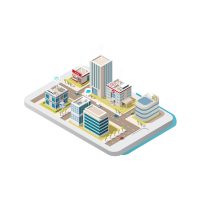
Smart Cities:
IoT manages traffic through bright lights, monitors air quality, and optimises waste collection. These interconnected systems help make urban living more sustainable by reducing congestion, improving air quality, and ensuring timely waste management. This makes cities cleaner, more efficient, and better suited to residents’ needs.

Agriculture:
IoT sensors monitor soil moisture, weather conditions, and crop health to optimise farming practices. These data-driven insights help farmers make informed decisions, improving crop yields and resource management. For instance, automated irrigation systems can adjust water supply based on real-time soil moisture levels, enhancing agricultural efficiency.
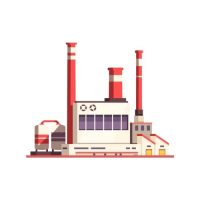
Industrial IoT:
Machinery equipped with IoT sensors can monitor performance and predict maintenance needs. This proactive approach reduces downtime and enhances productivity by ensuring equipment runs smoothly and efficiently. For example, sensors can detect potential issues before they become serious problems, enabling timely maintenance and minimising disruptions in industrial operations.
Data Table: IoT Adoption Rates in Various Sectors (2023)
Sector | Adoption Rate (%) |
Smart Homes | 45 |
Smart Cities | 35 |
Agriculture | 30 |
Industrial IoT | 50 |
The IoT's Benefits for Companies
- Efficiency: IoT helps companies automate processes and optimize operations, reducing costs and increasing productivity.
- Data-Driven Decisions: Companies can use data from IoT devices to make informed decisions and improve services.
- Customer Experience: IoT enhances the customer experience by providing personalized and responsive services.
IoT Growth Over the Years

The Future of IoT
IoT is still growing, with new applications emerging constantly. In the future, we can expect even more integration of IoT into our daily lives, making technology more intuitive and seamless. Innovations in IoT are likely to focus on enhanced connectivity, AI integration, and improved security measures.
Conclusion
The Internet of Things is making our world more intelligent and more connected. By understanding IoT and its applications, we can better appreciate how technology shapes our future. Companies like Infotech Qatar are at the forefront of this revolution, providing innovative IoT solutions that enhance our daily lives. As IoT continues to evolve, it promises to bring even more transformative changes to various industries and aspects of everyday life.
Frequently Asked Questions About IoT
What is the Difference between IoT and Traditional Networks?
IoT networks connect devices with sensors and software to exchange data over the internet, focusing on automation and real-time processing. Traditional networks connect computers and servers primarily for communication and data exchange without automation or extensive analytics.
What Are Two Major Concerns Regarding IoT Devices?
Security: IoT devices can be vulnerable to hacking, leading to data breaches and unauthorized access.
Privacy: The vast data IoT devices collect raises concerns about user privacy and potential misuse.
What Are Security Measures Used in IoT?
IoT security measures include encryption to protect data, authentication to verify device identities, and network security protocols to secure communication channels. Regular software updates also help maintain security.
What Does IoT Device Mean?
An IoT device is a physical object with sensors and software that connects to the internet to exchange data with other devices and systems. Examples include smart thermostats and industrial sensors.
How Do IoT Devices Communicate?
IoT devices communicate using Wi-Fi, Bluetooth, Zigbee, and cellular networks. These protocols enable data transmission between devices and cloud servers for processing.
Ready to embrace the future with IoT? Discover how our innovative IoT solutions can transform your business and daily life. Reach out now to learn more and get started!
